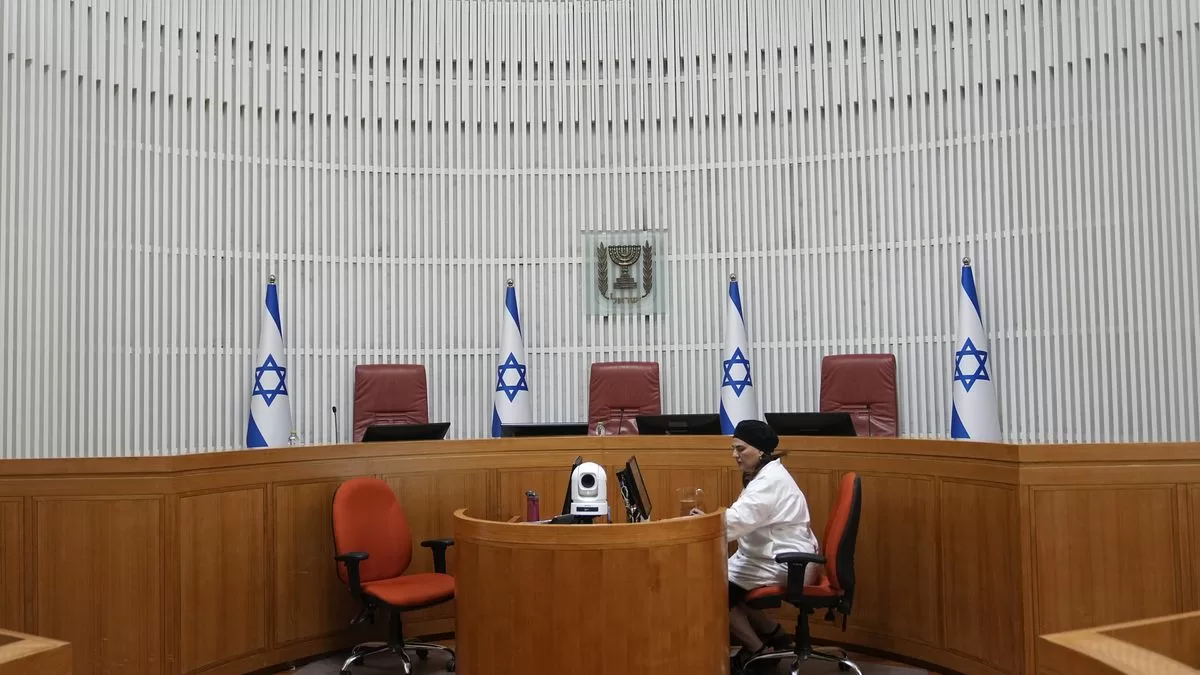Brazilian democracy under threat. Almost two years to the day after the storming of the Capitol, supporters of the far-right former president, Jair Bolsonaro, invaded the places of power of Brasília, the capital of Brazil, before being dislodged by the police, this Sunday, January 8. More than 300 people were arrested and the public prosecutor’s office demanded the immediate opening of investigations to determine who was responsible for the attack on official buildings.
Despite a security perimeter organized by the authorities around the political and legal institutions of the capital, the Bolsonarists managed to force the security cordons. They caused considerable damage to the three huge palaces, treasures of modern architecture and full of works of art. In the process, the new president, Luiz Inacio Lula da Silva, on the move in the state of Sao Paulo, placed the police under the command of the federal forces to take over the security of the city.
Like the assailants of the Capitol in the United States two years ago, the Brazilian rioters incur more or less serious penalties depending on their actions. “Initially, the demonstrators will pass under the common justice system and be the subject of procedures followed by police investigations”, explains to L’Express the director of research at IRIS Christophe Ventura. Article 163 of Decree-Law No. 2.848 of December 7, 1940 of the Brazilian Penal Code provides that the accused may be held liable for vandalism if they have “destroyed or damaged the property of others”. In this case, a fine or a prison sentence of up to six months can be imposed on them. If insurrection or sedition – concerted revolt against established authority – is established by the judges, heavier prison sentences may be imposed at that time.
The Federal Supreme Court – the equivalent of the US Supreme Court – “will then take over the various files”, adds the researcher. The Brazilian judiciary will notably verify the constitutionality of laws and conduct legal investigations against political leaders. If she deems it necessary, she will therefore be able to open investigations into senior officials such as Brazilian police chief Ibaneis Rocha, a loyal ally of Bolsonaro, suspended from office on Sunday, but also against Jair Bolsonaro.
Because by not explicitly acknowledging his defeat, the outgoing president has been fueling the feeling of electoral fraud among his supporters for two months. But for the time being, there is nothing to confirm his direct involvement in the invasion of the institutions of the Place des Trois Pouvoirs. However, it did not take long for the new head of state Lula to hold him responsible for these attacks “unprecedented in the history of Brazil” accusing the demonstrators of “vandals, fanatical fascists”. For the specialist in Latin America, Christophe Ventura, if we can consider that the former head of state is responsible for these excesses, “we must not forget that the radicalized fringes of Bolsonarism (police, militias, security company ) don’t need a call from Bolsonaro to get agitated.”
The declaration of the former president just after the events remains striking: “His words are ambiguous. Jair Bolsonaro admits that only peaceful demonstrations are authorized in Brazil. And at the same time, he puts these attacks on the same level as demonstrations of the left that occurred between 2013 and 2017, comments Christophe Ventura. He is torn because he does not want to take on the role of leader, but still wants to maintain the link with the seditious factions of his government.” In any case, the magistrates will not rule anytime soon. “Justice Brazilian municipality is usually quite slow, designs Christophe Ventura. The rioters will not be judged for several months or even years.”


